Chelerythrine
Chelerythrine is a natural benzophenanthridine alkaloid with potent anti-inflammatory, antimicrobial, and anticancer properties, extracted from the plant Chelidonium majus (greater celandine), investigated for its therapeutic potential in various medical applications.
Overview:
Chelerythrine is a natural benzophenanthridine alkaloid primarily extracted from the plant Chelidonium majus, commonly known as greater celandine. This compound has been extensively studied for its potent biological activities, including its anticancer, anti-inflammatory, antimicrobial, and antiviral properties. Chelerythrine functions by inhibiting protein kinase C (PKC), a critical enzyme involved in various cellular processes, making it a valuable tool in research and potential therapeutic applications.
Chelerythrine Key Features:
– Anticancer Activity: Exhibits potent efficacy against various cancer cell lines by inducing apoptosis and inhibiting cell proliferation.
– Anti-inflammatory Properties: Reduces inflammation by modulating inflammatory cytokine production and signaling pathways.
– Antimicrobial and Antiviral Effects: Shows activity against a broad spectrum of microbial and viral pathogens.
– PKC Inhibition: Targets protein kinase C, implicating its use in studying cellular mechanisms and potential therapeutic interventions.
Chelerythrine Applications:
– Pharmaceutical Research: Investigated for developing treatments for cancer, inflammatory diseases, and infections.
– Biological Studies: Used as a biochemical tool to understand the role of PKC in cellular processes and disease mechanisms.
– Therapeutic Agent: Potential applications in creating drugs for various conditions due to its broad biological activities.
Chelerythrine Functions:
– Modulating Cell Death and Proliferation: Acts on cancer cells to promote apoptosis and inhibit growth, offering a strategy for cancer therapy.
– Inhibiting Inflammation: Reduces the production and effect of pro-inflammatory cytokines, aiding in the treatment of inflammatory conditions.
– Combating Infections: Exhibits efficacy against various pathogens, providing a basis for antimicrobial and antiviral therapies.
Details
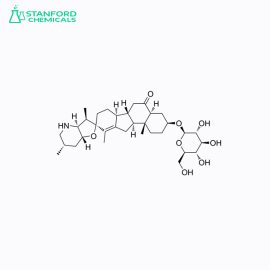
| Available Sizes | 30 capsules, 60 capsules, 90 capsules |
|---|---|
| Key Ingredient | High-quality Peimisine extracted from Fritillaria thunbergii |
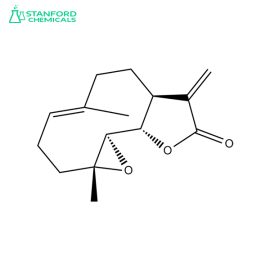
| Available Sizes | 30 capsules, 60 capsules, 90 capsules |
|---|---|
| Key Ingredient | High-quality, pure Parthenolide extract |
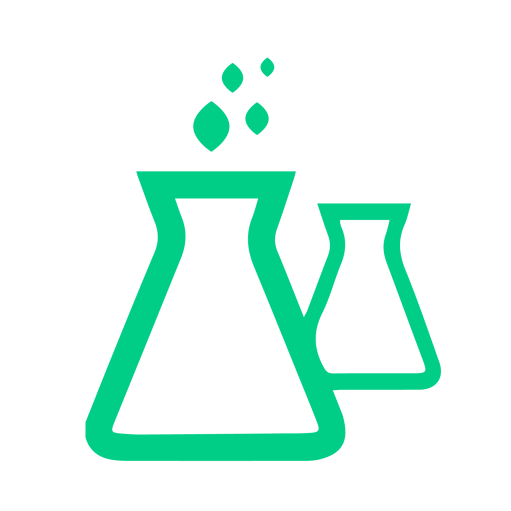
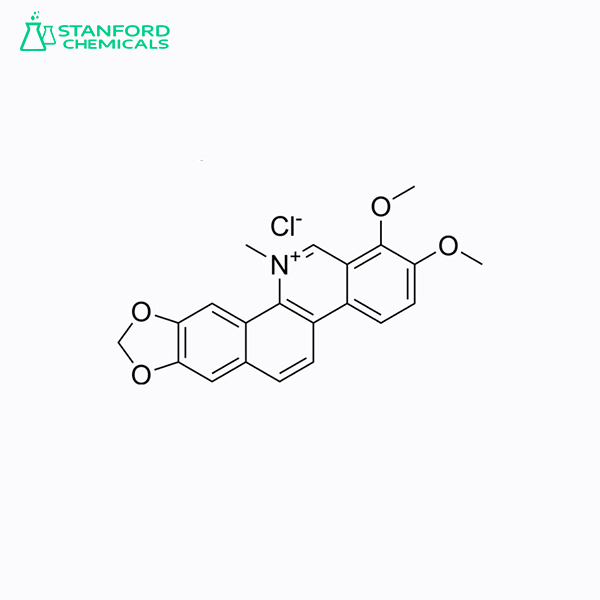
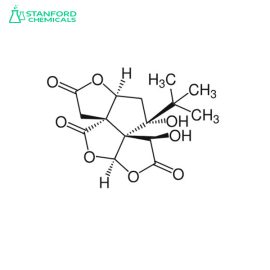
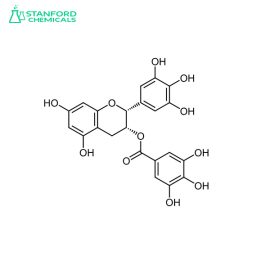
Reviews
There are no reviews yet.